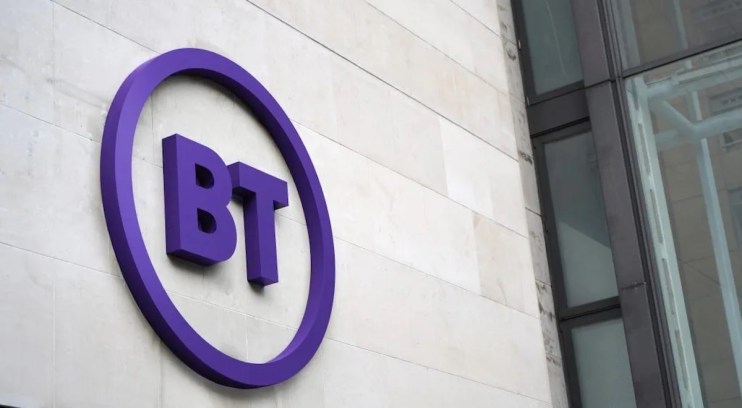BT hikes cost savings target as profits dip amid inflation and strike action

BT confirmed it would be upping its cost savings target from by £500m this morning, as the UK’s biggest telecoms firm fends off inflationary pressure.
In its half year results, the FTSE 100 company said profit before tax hit £800m, down 18 per cent on the previous year.
Although revenue climbed a humble one per cent to £10.4bn, with EBITDA also up, BT reported lower equipment sales and a dip in large corporate customers.
Chief executive Philip Jansen said that whilst he backed the current push for efficiency, the firm needed to take “additional action on our costs to maintain the cash flow needed to support our network investments.”
Jansen told reporters that BT would be “leaving no stone unturned” to make cost savings across the organisation, upping its cost savings target from £2.5bn to £3bn by the end of 2025.
“Inevitably it means some jobs will not exist in the future,” he said, warning that cuts were coming across the whole company. He did not disclose how many jobs would be impacted.
Hargreaves Lansdown’s lead equity analyst Sophie Lund-Yates explained that the market would need to be convinced by Jansen’s mammoth goal of £3bn savings, which he said would be invested into new infrastructure Shares dropped as much as nine per cent.
The former UK monopoly also took the opportunity to reiterate its plans to boost mobile and broadband prices in line with consumer price index, plus a 3.9 per cent.
The combination of cuts and price rises appeared to rub further salt in the wounds of the Communication Workers Union (CWU), which have taken eight days of industrial action against BT so far this year over pay.
“BT’s talk about further cost cutting and shrinking the workforce concerns our members at a time when their morale is already at rock bottom,” a CWU spokesperson said.
Although BT declined to put a number on the disruption caused by the union, it said Openreach’s broadband base down was down 89,000 in second quarter, with around 40,000 customers directly impacted by industrial action. Jansen said that discussions with CWU were ongoing
ALTHOUGH BT appears to be having a bit of a rough time at the moment, the beauty of the industry is that the demand for products is guaranteed and the barriers to entry are ultimately quite high.
The cost saving and job cutting may not be popular, but eyes appear to be on the prize for digital transformation and a fibre network upgrade.
Energy costs are also another demand for BT moving forward, with CFO Simon Lowth claiming that 75 per cent to 80 per cent are now hedged at “reasonable prices” this year. Although watch the space for what comes next year.
Shares have tanked over 30 per cent in the year to date, and although the broadband market continues to slow, the best way forward may be to play the long game for growth – something that the BT boss made clear when he called on the government to extend the “super-deduction” tax break in order to drive growth.
Telcos analyst at PP Foresight Paolo Pescatore told City A.M. that he believed BT had “turned a corner” from the snail-like rate of change it has adopted previously to a more sound direction.